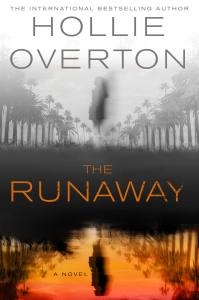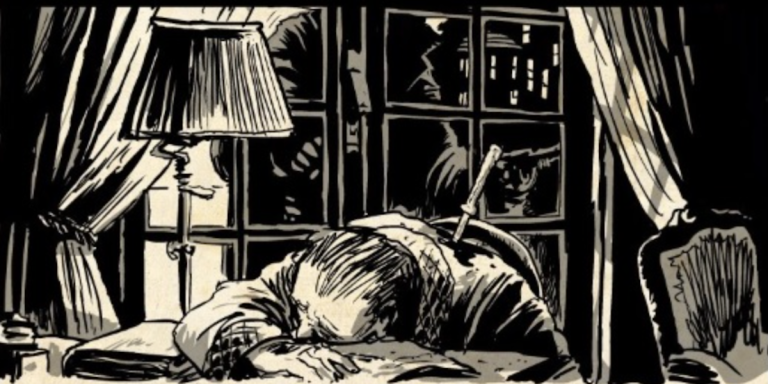How to Create Tension in Crime Novels and TV Scripts
 “I was on the edge of my seat, I couldn’t look away.”
“I was on the edge of my seat, I couldn’t look away.”
“I told myself one more chapter, but I couldn’t stop reading.”
As a TV writer and crime novelist, those words are music to my ears. Whether you’re writing your novel or crafting a TV script, if you want to grab an audience’s attention, you must know how to incorporate tension into your writing. Here are my tips for creating tension in novels and TV scripts.
Writing Tension in a Thriller Novel
1. Dynamite Characters
Create compelling characters who have opposing goals. This provides natural stakes and tension through the story and allows the reader to get invested in the journey.
2. Keep it Varied
Balance out your action/dramatic moments with calmer situations. You don’t want a car chase, a shootout and a police raid in one chapter. You want to give the reader time to process what’s happening and to invest emotionally in your characters, not just the plot.
3. Beware of Backstory
Too much backstory can weigh down your novel and kill any tension you’ve created. Incorporate backstory sparingly and avoid using it during pivotal plot moments (i.e. in the middle of a chase scene or big confrontation).
4. Make it Twisty
Incorporating twists and reversals are the best way to amp up the tension and ensure that a reader won’t put down your book. Dennis Lehane, Shari Lapena and Ruth Ware are writers who are masters at creating twists and turns you don’t see coming.
Related: Hollie Overton Picks Five Thrillers with Unforgettable Female Leads
Writing Tension in TV Scripts
1. Starring Roles
TV’s most indelible tension-filled shows have one thing in common—brilliant characters. Think Walter White and Jesse Pinkman, Carrie Mathison and Nicholas Brody, and Mulder and Scully.
2. Ticking Clock
In novels, you can take your time with a story. In TV, it’s about making every second count. A great way to create tension is to establish a deadline for your characters. They have five hours to find and detonate the bomb. The kidnapper will kill the hostage in 40 hours.
3. Reveals
An effective way to establish tension in a script is to show the audience something the protagonist doesn’t know, but the audience does. For example, if the audience knows the hero’s best friend is a traitor and plans to betray her, they’ll be on the edge of their seat wondering when and how they’re going to figure it out.
4. Cliffhangers
With the dawn of binge-watching, cliffhangers have become even more important. The best shows set up exciting cliffhangers throughout an episode and then hit you with an “I can’t believe they just did that” ending. It’s one of the most effective ways to create tension and ensure that your audience can’t stop watching.
About Hollie Overton
Hollie Overton is the author of The Runaway. Hollie is a television writer and resides in Los Angeles.
A psychologist working for the LAPD goes on a dangerous journey through Los Angeles' criminal underworld to track down her missing foster daughter in this gripping new thriller by the author of the international bestseller Baby Doll.
By clicking 'Sign Up,' I acknowledge that I have read and agree to Hachette Book Group’s Privacy Policy and Terms of Use






